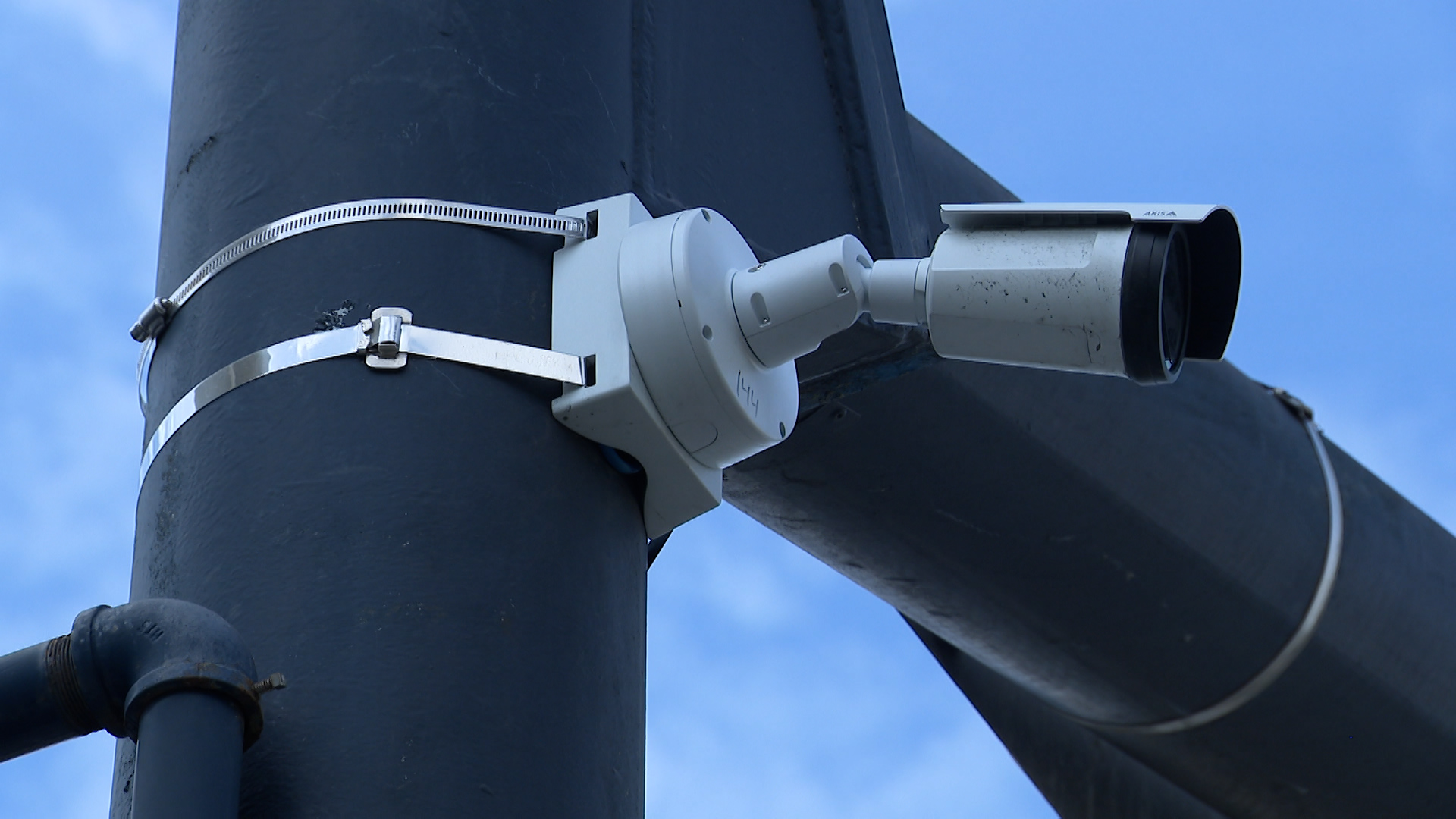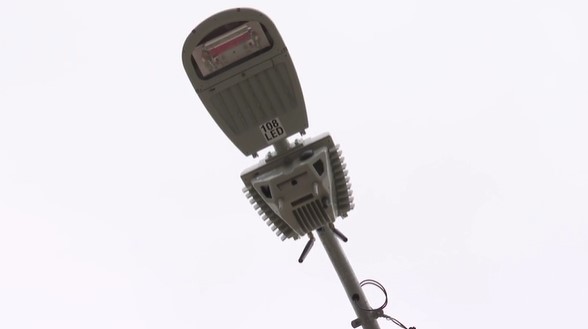San Diego’s Public Safety Committee voted Wednesday in favor of reauthorizing several technologies used by police, including automated license plate readers (ALPRs), sending the matter to the full City Council for a vote.
After more than two hours of public comment and debate, the committee voted 4-0 in favor of reauthorization of 54 technologies. The ALPRs garnered the most public comment both in favor and opposed, over privacy concerns, particularly about data sharing with other agencies. Several of the committee members’ questions and comment focused on prohibited access by federal agencies, with concerns about immigration enforcement and possible federal overreach top of mind.
Relevant content:
Beginning in late 2023, San Diego installed about 500 ALPRs, which take about 3 million pictures of cars every month. Those photos are then turned into a searchable database that police say is a “force multiplier,” helping them to find suspects more easily in their investigations.
“For example, if you have a vague suspect description of a vehicle, this system will actually pinpoint us to the exact car that we’re looking for, so we don’t have to stop a bunch of other people, which lets our resources kind of go directly where they need to go,” said Lt. Kristopher McAndrew, who oversees the San Diego Police Department’s ALPR system.
In the hearing, he said police solved four homicides that they would not have been able to solve without the use of the ALPR technology.
But privacy advocates say the ALPR company has had documented issues of improper data sharing with other agencies, in San Diego and across the country, citing examples of police in Texas trying to track a woman they said self-administered an abortion, or multiple agencies in Illinois ending their contracts with the company after learning they were cooperating with federal immigration officials in violation of state law.
“While we’re all just driving around, living out our normal lives, thinking that everything’s fine, the fact of the matter is this data that goes into this system needs to be under our control, and it has not been under our control,” said Seth Hall of the TRUST SD Coalition.
San Diego police said there was initially a three-week period where the vendor “failed to shut off a switch and that opened up access” to other California agencies, which is permitted under state law, though not part of the city’s agreement with the company. But SDPD said they have since rectified that issue, and while other agencies in the state can request the data, San Diego police officers are the only ones who can access it.
SDPD presented its 2024 annual report to the committee on Wednesday ahead of the vote, including changes the agency has made based on recommendations from the city’s Privacy Advisory Board.
Those recommendations centered on the department’s rules for ALPR use as well as how that use is documented, the board’s chair said. Part of that effort includes weekly audits of the system posted publicly online.
“It’s really important because it makes sure that everybody along the chain, from where the data is stored, all the way up through to a police officer collecting that information, knows exactly what their role is to make sure the data is kept safe,” chair Tim Blood said.
The vote Wednesday advances the reauthorization to the full City Council for a vote in December. The technologies are reviewed each year to identify any issues.

Want more insights? Join Working Title - our career elevating newsletter and get the future of work delivered weekly.

